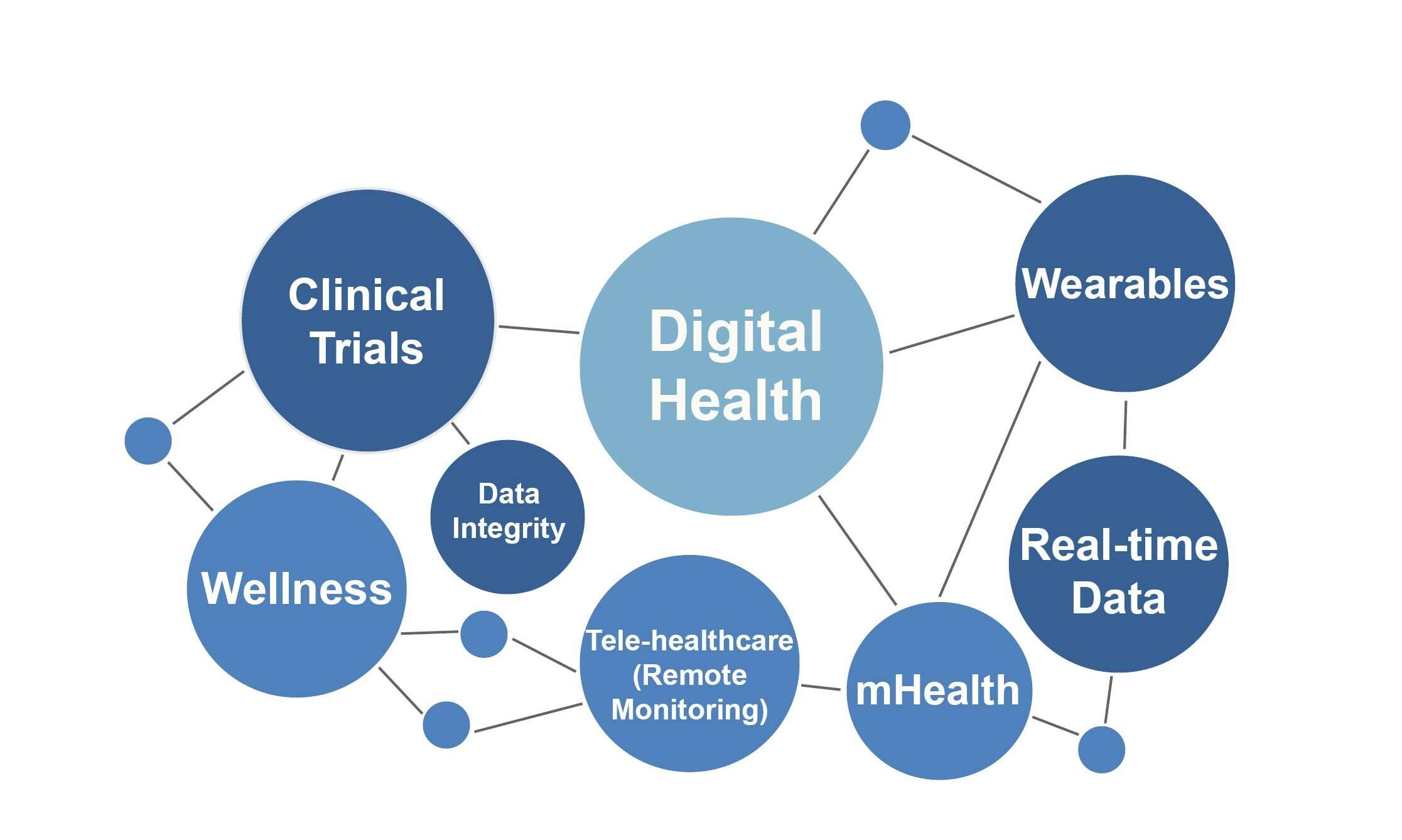How are technological innovations affecting the clinical research process & likelihood of trial success?
Clinical Trials
 The first in a series of blogs about how advances in technology are impacting clinical trials.
The first in a series of blogs about how advances in technology are impacting clinical trials.
Technological innovations are revolutionizing all industries, including health care and drug/device research. Technological innovations provide the potential to improve clinical trial efficiency and data accuracy by reducing patient burden and improving trial management. From wearable devices and smartphone apps for data collection to applications for trial management, the options to use technology in a clinical trial seem limitless. Technology’s rapid growth is challenging our traditional methods of running clinical trials by continually raising participants’ expectations, while also providing great opportunities for optimizing clinical trial management, patient recruitment and data collection.
Specifically, one of the most difficult things to accomplish in clinical trials is efficient patient recruitment. Recruitment failure has several consequences, including lack of usable findings from a trial, trial discontinuation, and financial loss. Successful patient recruitment and retention are common challenges that clinical trials face, but new technologies and platforms such as mobile applications are emerging to overcome this hurdle. These new technologies help keep investigators aware of the open clinical trials and communicate information efficiently across multiple locations in a large geographic area. There are many healthcare applications for mobile devices that help provide information to patients about their health. These platforms have a large database of patients that may help the investigators and sponsors detect types of patients eligible for participation in a specific trial without disclosing any personal information. The technology platform then delivers personalized communications to the eligible patients to inform them of the clinical trial. In addition to identifying more potential trial participants than ever before, this approach simplifies for trial site staff the recruitment of patients by reducing administrative burden.
Another example of a quantum leap in clinical trial management enabled by technology is the advent of electronic data capture (EDC) systems. The change from paper-based data collection to EDC systems has revolutionized the process—making it possible to collate and analyze data from any location as soon as it is collected. This has also helped optimize patient safety by reducing data collection errors prior to the data review process. EDC systems can include clinical trial management system (CTMS) functionality, which can assist the user in tracking all essential trial documents and providing a snapshot of progress of a clinical trial.
In yet another advance, sensors and mobile technologies may be linked to the EDC system, making it possible to electronically collect patient-generated and patient-reported data which can then be automatically uploaded directly to the EDC system database. One of the most exciting capabilities of mobile technology is its real-time data collection feature. These features make data collection from everyday activities more accurate by collecting only the required clinical trial data in real-time. These capabilities can also lead to a decrease in clinic visits or follow-up phone calls for patients, making it easier and more cost-effective for patients to participate in a clinical trial.
Blockchain technology may provide another future key opportunity for sponsors to use in clinical trials. Blockchain is an electronic ledger that can be openly shared among users that creates an unchangeable record, each one linked to another with a time stamp. The use of this technology could potentially make it easier to securely store and share data. However, in the immediate future, a more realistic goal might be to use this technology to address issues around data integrity, reproducibility and transparency. For example, blockchain technology could support a robust process for collection of consents based on protocol revisions, storing and tracking the consent in a secure, traceable manner, and enabling highly reliable sharing of this information in real-time.
Another example of the Blockchain technology is the use of Smart Contracts to help effect transparent control over clinical trial activities occurring in the correct sequence.
In conclusion, the adoption of technology in clinical trials is on the rise. As more experience in the use of these technologies is accumulated, it will become increasingly clear how their use can significantly improve clinical trial outcomes. In addition, the technologies will become less burdensome and will likely be widely adopted as clear improvements.
Visit medinstitute.com to learn more about how we can partner with you.
Continue to follow our blog to view the upcoming posts in the technology series.
Get email about news, services, and events from MED Institute.
OUR COMMITTMENT
We are committed to consistently performing services with high quality, that deliver exceptional results, and add value to the client’s business.
For client surveys sent in the last two quarters, we received ratings of 4.76/5 points (10).
